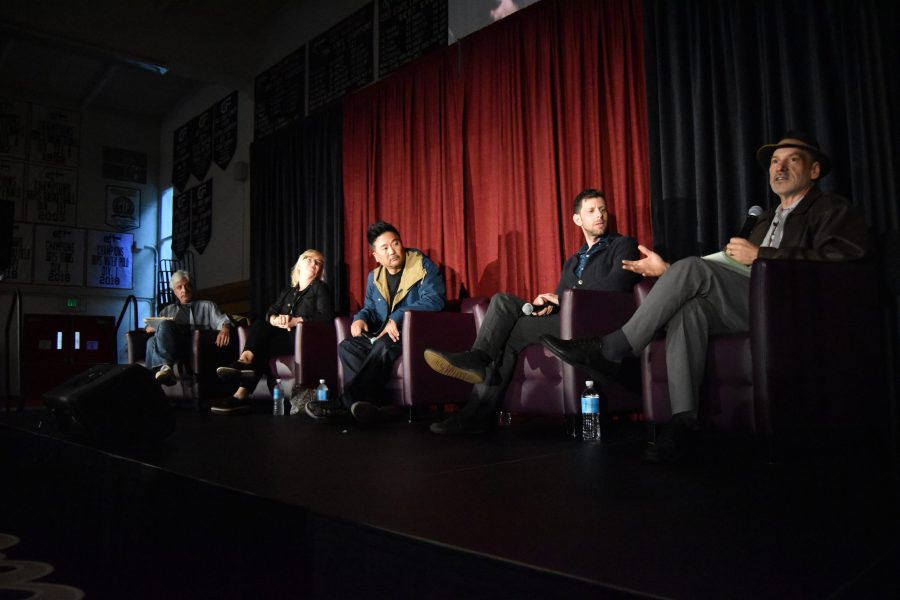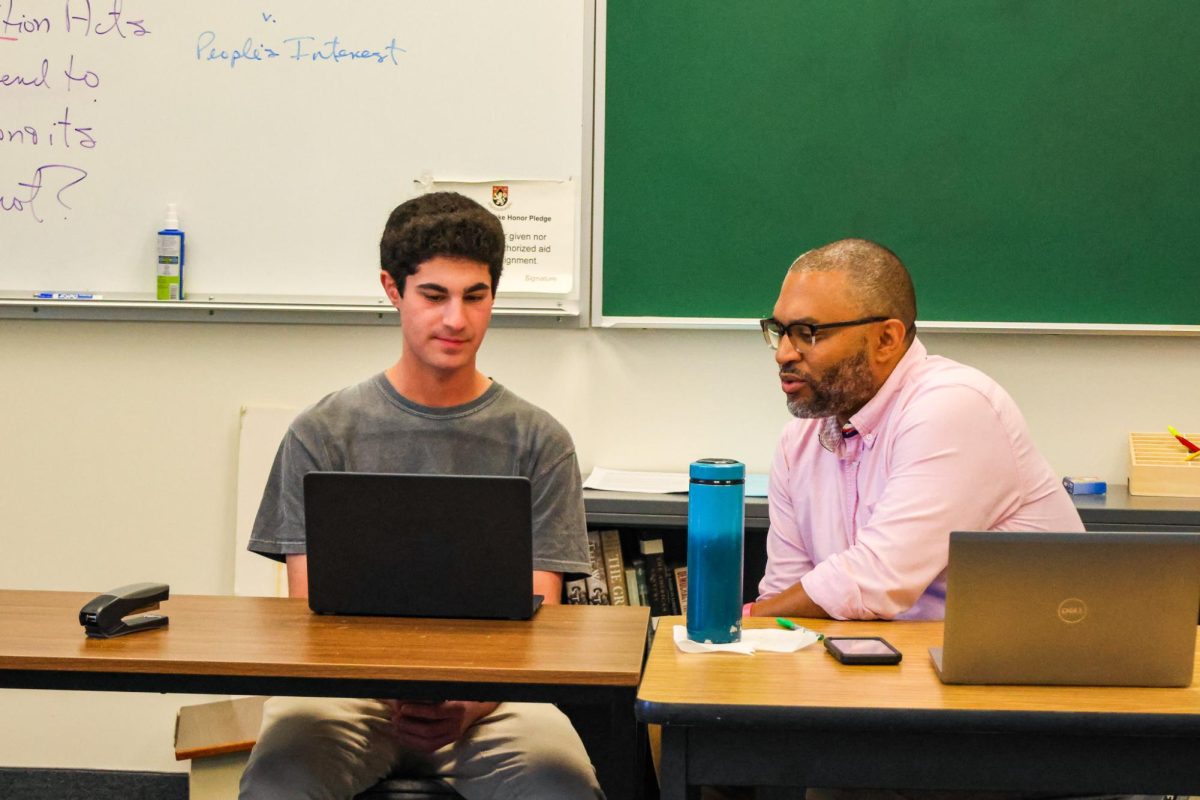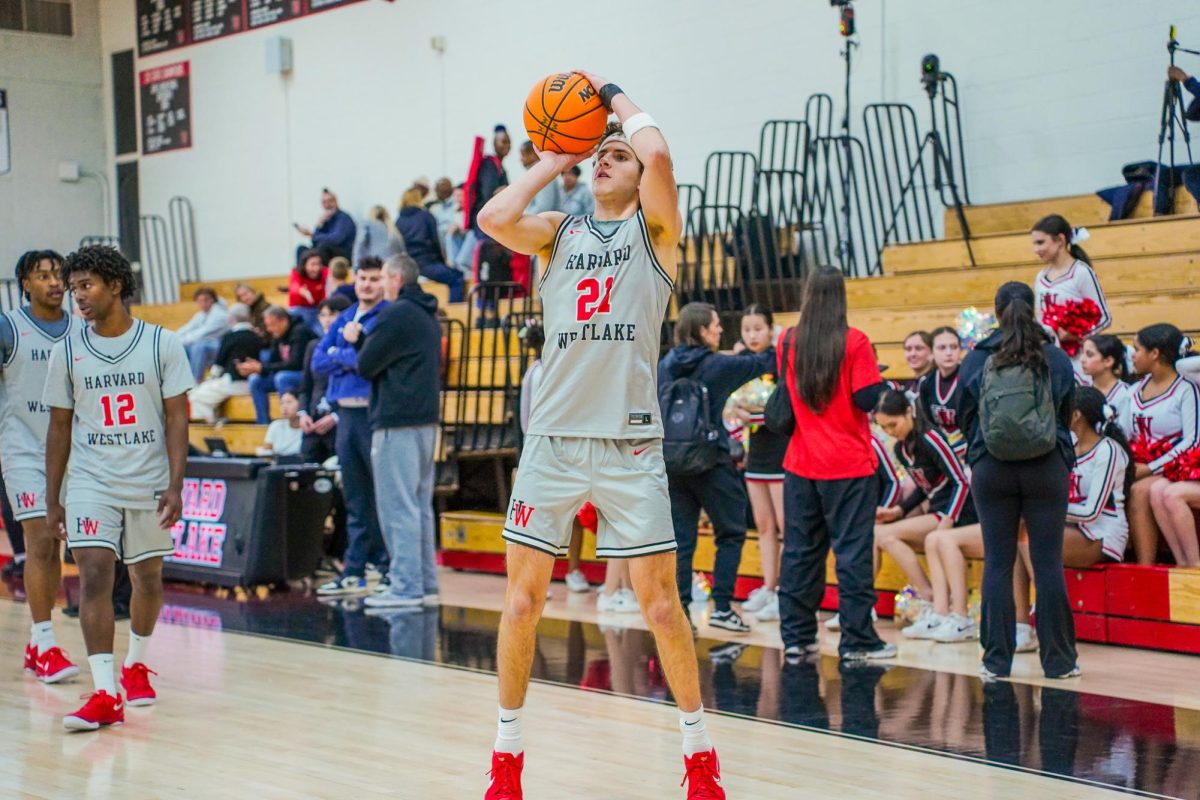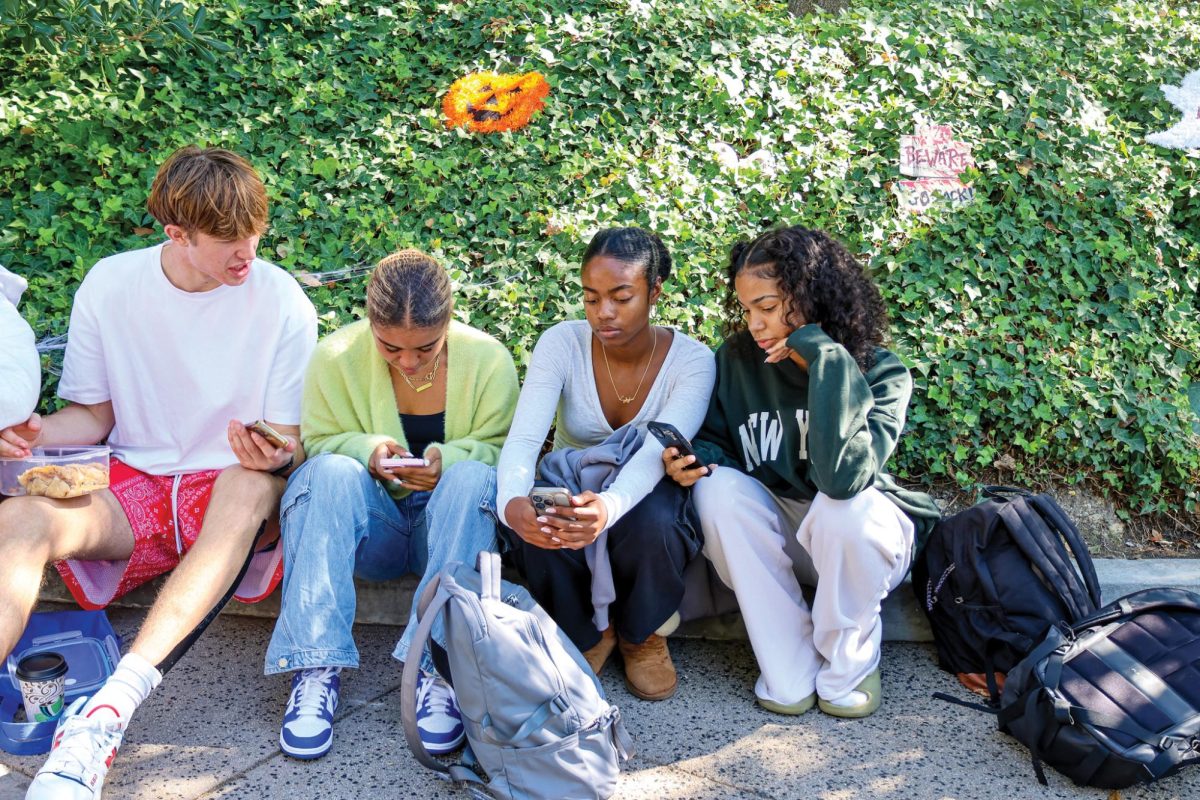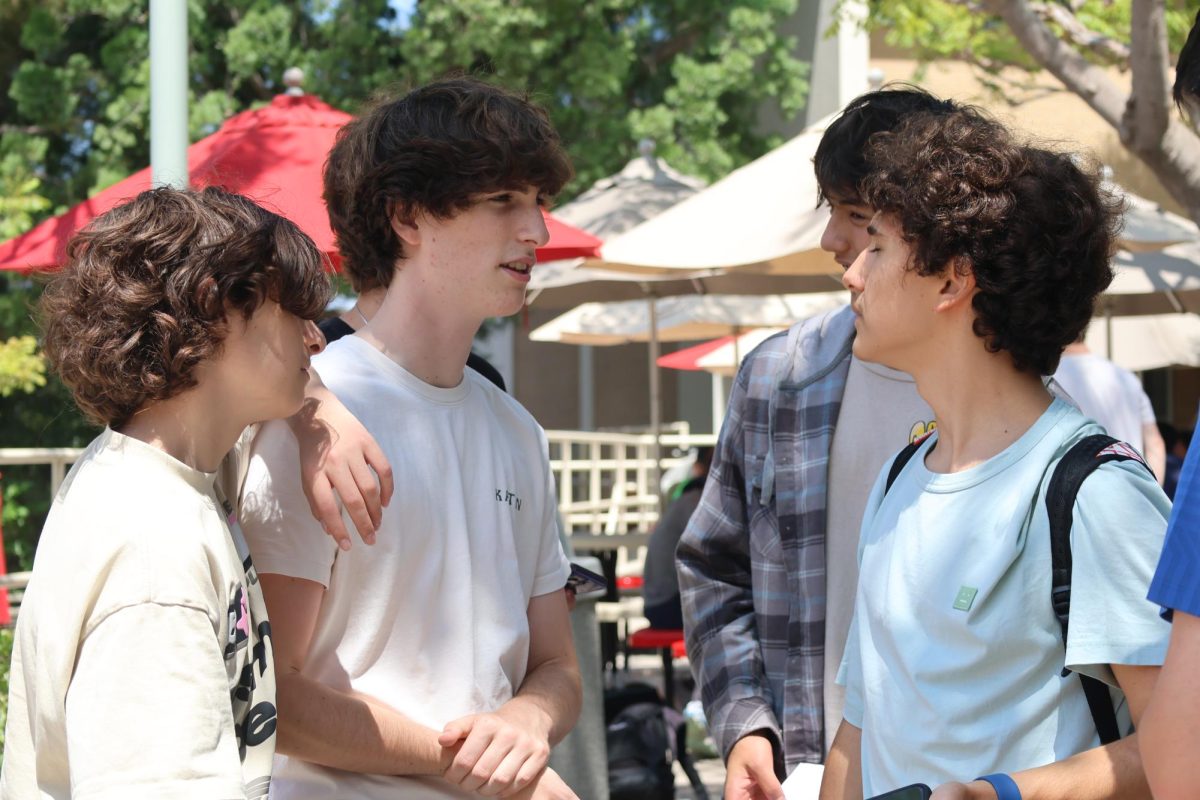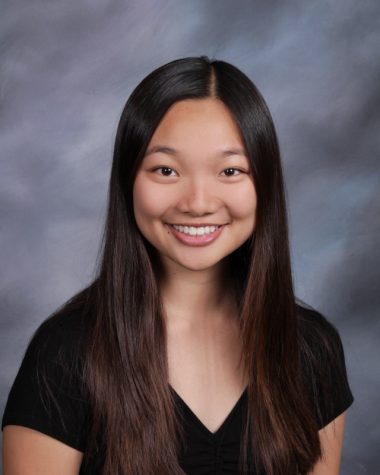Five panelists involved in the Los Angeles arts scene discussed how they each contributed to building a central identity for the city through various mediums, including music, architecture, literature and cuisine, during the Brown Family Distinguished Speaker Assembly on March 10. The speakers included award-winning architect Barbara Bestor, chef of Kogi BBQ Roy Choi (Kaelyn ’22), co-founder of CicLAvia Aaron Paley, MacArthur Genius Grant winner Yuval Sharon and Guggenheim Fellow and former LA Times book critic David Ulin.
Panelists discuss how to create a unified identity for Los Angeles
Ulin, who moderated the discussion, described how the panelists worked collectively to enrich the culture of Los Angeles and combat the stereotype of the city as purely a center of the film industry.
“One of the things that unifies all of us is this notion of trying to activate public space or thinking of the city as a physical landscape, as opposed to a mythic landscape,” Ulin said. “We see so many stereotypical narratives of Los Angeles—the myth of reinvention, Hollywood and celebrities—but really what Los Angeles is is a city of people. A sprawling, massive city of people, but a city of people nonetheless.”
Paley and Bestor, who are both involved in design and architecture, spoke about the aesthetic beauty of Los Angeles and said they hoped to reshape the city’s landscape in order to create more spaces for community-building.
Meanwhile, Sharon, an opera and theater director, discussed how music unites creative individuals across Los Angeles and provides opportunities for leaders to gather to execute their artistic visions.
“I think of opera as an emerging art form because it’s an art form where a lot of different artists come together and create something brand new,” Sharon said. “I think it’s an amazing opportunity to invent a new language, and you invent this new language by meeting people and by creating via consensus. One of the things I’ve been really interested in, especially in our projects in Los Angeles, is offering the world a new form of leadership, in which people have to come together and create one unified idea that doesn’t make them lose their own individuality.”
Choi speaks about redefining LA’s culinary scene
While Sharon discussed the musical aspects of the city’s culture, Choi described how he broke through the culinary scene of Los Angeles by founding Kogi, his food truck business. In fusing Korean and Mexican cuisine through Kogi, Choi said he inadvertently created a central flavor that defined Los Angeles and sparked the modern gourmet food truck movement.
“We have such an intricate city—it’s a patchwork, a quilt—but we never had one collective flavor that we can say, ‘Oh, that tastes like LA,’” Choi said. “And in a weird way, Kogi tastes like LA. It tastes like that because it represents all the different cultures and languages and feelings and emotions and lives of LA.”
Choi said that Kogi represents immigrant communities around the city who were previously disregarded and discriminated against. He also said that Kogi, which grew organically through grit and passion, is a manifestation of his own childhood growing up in Southern California.
“Kogi started as an underground thing, as something that had to figure its own self out, very much like the life that I grew up in,” Choi said. “I grew up with hustlers, who had three jobs and sold kimchi on the side just to make ends meet. It’s figuring life out between the creases. It’s also breaking through stereotypes of our city and stereotypes of ourselves.”
Patrick Castillo ’20 said he enjoyed the assembly because it allowed him to see LA through a variety of perspectives and to find the commonalities between the different art forms that define the city’s culture.
“I think what I liked most about all of the speakers is that they talked about how they relate to LA in many different ways,” Castillo said. “All of these people practice different media, through food and architecture, and yet they share this common experience. It speaks to what LA as a city is; it’s a bunch of people coming from different backgrounds sharing their experiences, even though they might work in different fields.”



























